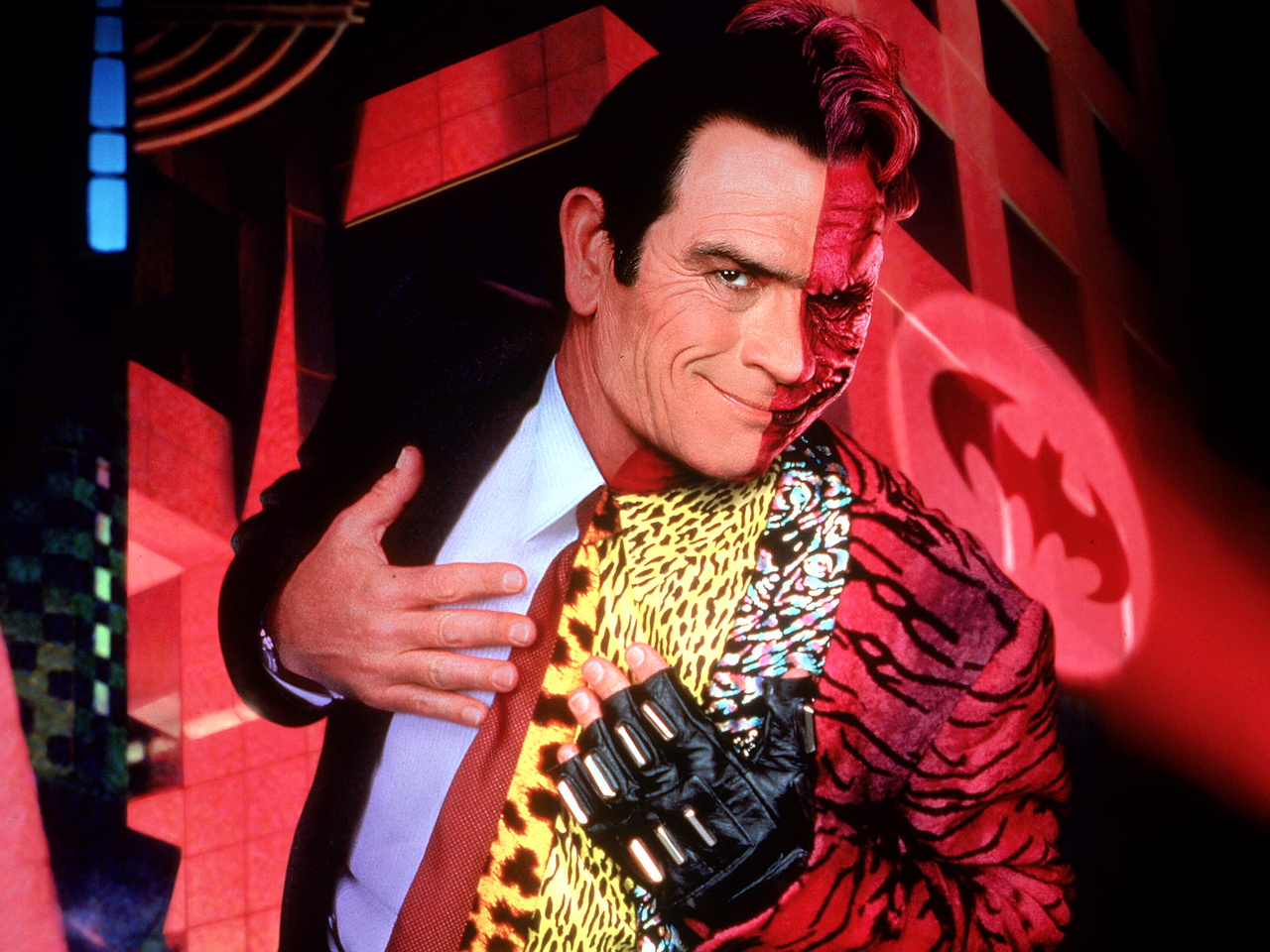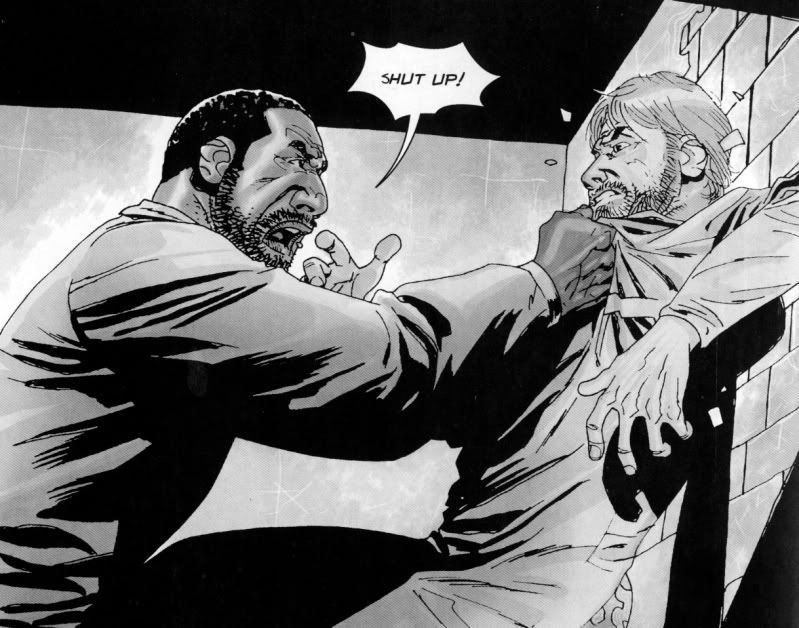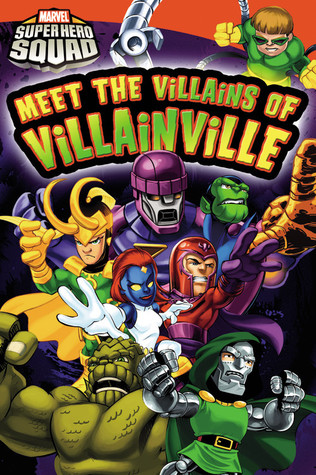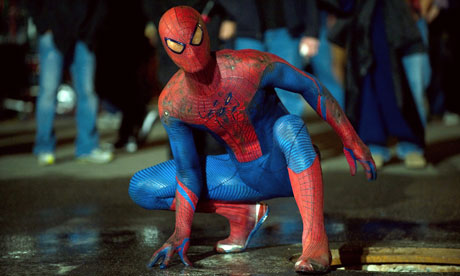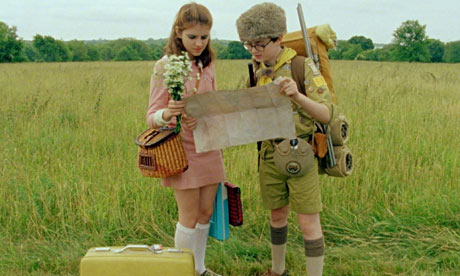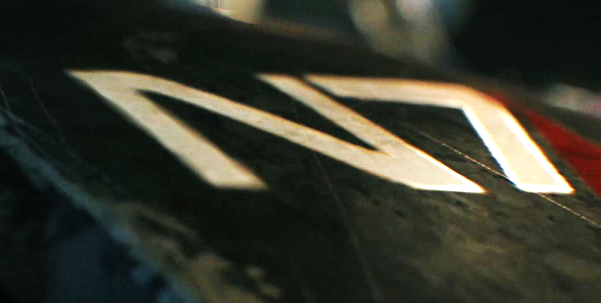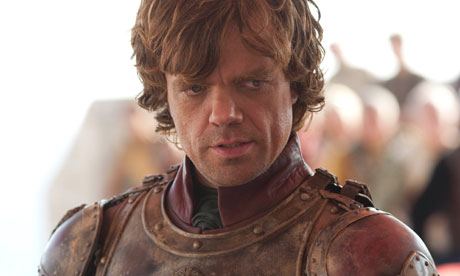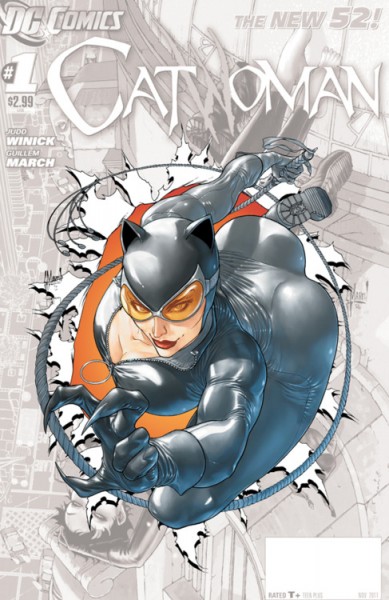Wolverine’s super-power also serves to essentialize his biological male-ness: he is in peak physical condition, a natural hunter with heightened physical senses and instincts (improved senses being another super-power), must constantly train to be patient and keep his temper in check, and – thanks especially to the recent X-Men movies – projects an animal magnetism that renders him irresistible to the opposite sex. In other words, his very powers reinscribe the singular, biological, and essential notion of traditional white maleness – a muscled, animalistic body that, in addition to his moral code, serves to appeal directly to the desires of adolescent male readers.
First, my apologies for the over-writing of an aspiring grad student.
Second, I over-generalized. Sure, Wolverine is John Wayne given superhero form. He's morally righteous, quick to anger, and a brute. He also sleeps with nearly absolutely every woman who's ever been associated with the X-Men. (Except for the girls who are 16ish and younger. For whom he is a father-figure. For nearly absolutely every girl who's ever been associated with the X-Men.) But that hasn't always been true.
In Geoff Klock's excellent book about Matt Fraction's Casanova, he argues that Casanova Quinn skewers, deconstructs, and refutes the need for the sort of superhero masculinity that Wolverine embodies. Klock writes, for instance, that "death surrounds Casanova, and invades him, and the resulting nihilism is what needs to be conquered when the temptation is to embrace it as part of badass masculine posturing." And if it can't be conquered? Then "why shouldn't we all escape from it?"
These are good questions: questions that need to be asked and answered, over and over, because norms of masculinity are stubborn and enduring things that aren't easily undermined or overturned. But y'know what? Wolverine had already asked them. (Or to paraphrase Jason Powell, whose own book on the X-Men is coming out later this year: Claremont did it first.)
But don't take my word for it. Here are a few examples from the Australia Era, which I've previously described as the most progressive and creative era of the comic.
Uncanny X-Men 233-234
Wolverine is implanted with a Brood egg and is transformed into a hideous alien monster. It isn't the first time - he was also implanted with a Brood egg in UXM 162 - but this time is different. It's also the first indication that something is wrong with the nigh-invincible Wolverine, who had recently and ridiculously been restored to life from a single drop of blood in UXN Annual 10. (Because healing factor.)
Unlike the previous infection, Wolverine appears to lose this one - he transforms into a Brood, even losing control of his mind. (The Brood announces "Behold, human, the shape of your world to come!" It's pretty explicit.) Of course, this is Wolverine we're talking about and as quickly as he loses the battle with the Brood, he miraculously recovers. Wolverine thinks it's his healing factor, but Claremont implies that it's actually the work of a preacher, who may or may not be a mutant himself. "I bring peace and comfort to all those out there," the preacher explains as he holds his wife's arthritic hands, as if to suggest that "comfort" is not just a euphemism. "They say I help them." It's probably not a coincidence, then, that Brood Wolverine reverts to regular Wolverine at the moment the preacher touches him.
Uncanny X-Men 235-237
Wolverine (and Rogue) are kidnapped and taken to Genosha, where his powers are suppressed and his healing factor ceases to work. Unlike previous power-loss narratives, though, which seemed indifferent to problems like 'doesn't it hurt to use your claws?' or 'is all that metal on your skeleton a good thing?', this one devotes a lot of time to Wolverine stumbling and coughing while Rogue - whose mind is under the control of Carol Danvers' personality - carries him and comments on his impending death.
A particularly vivid scene involves Wolverine popping a claw to pick a lock, which causes his hand to bleed profusely. And then just continue to bleed. Cue Wolverine's cool as ever gift for understatement: "No power, no healin' factor." Later, as Storm holds him and he believes his death is imminent, Wolverine still projects a Klingon-like acceptance of his impending death: "Them's the breaks, darlin'. I had a good run. If this is where it ends... ain't such a bad way to go."
So, two quick things to point out:
- Wolverine is saved, again at the last minute, through someone else's action. Carol/Rogue puts a gun to the head of Wipeout, who can remove and restore powers, and asks Psylocke to compel Wipeout to save Wolverine. So, again, Wolverine's healing factor fails him. And, again, Wolverine is granted a last-minute reprieve through the intercession of a third party.
- I may be overstating, but the pathology of Wolverine's non-mutant state - coughing, sweaty, hunched, generally sickly looking, prone to bleeding, and unable to heal - looks an awful lot like an AIDS stereotype. Applied to the most masculine, virile X-Man, no less. This is not to imply that masculine, virile men don't get AIDS, of course. But it does undercut Wolverine's own masculinity and undercut heroic masculinity more generally, yes.
Uncanny X-Men 246
Wolverine takes a leave of absence. What's important here, though, is not the what but the how.
In this brief scene with Storm, Wolverine announces that he's taking a break. And he should, because he looks like absolute hell. This is notable precisely because - outside of stories where Wolverine is getting pummeled, set on fire, blown up, nearly killed, etc. - Wolverine never looks tired. (Fun Fact: in a much later story, a major clue that Wolverine had been replaced by a Skrull was that he said he was tired. Because Wolverine doesn't tire.)
When Wolverine stares into the mirror, his hair - usually standing straight up, like the ears of a wolf - droops sadly to the sides. Normally erect and fearsome, his hair looks weak and flaccid. Sure, it's partly a joke about the Wolverine and Havok miniseries. But if this isn't also a dick joke, I don't know what is.
(Note: This style of hair reappears in Alex Ross's Earth X comics, where Wolverine has become alcoholic and obese - but denies that either is even possible - and it is painfully clear that, yes, the limp hair is a really obvious dick joke.)
Uncanny X-Men 251-253
Wolverine is beaten, crucified on a giant wooden X, hallucinates, and left for dead. It's overkill, but let's unpack the symbolism anyway. This makes sense within Claremont's larger arc for the character - every near-death experience has been more traumatic, more harrowing than the last - and also within the larger X-Men narrative, where the team has gradually become isolated and fractured, to the point that it effectively no longer exists. Basically, Wolverine is the last member of a superhero team that no longer exists.
This might seem like a win for Wolverine's masculinity - last mutant standing! crucified like some sort of mutant Christ! - but Claremont subverts that expectation in several ways. For one, Wolverine is beaten and captured by Donald Pearce and the Reavers with embarrassing ease. For another, he's saved by a 13 year old girl.
Most importantly, though, is the contrast between his outward demeanor and his interior dialogues. While Pearce is enraged by Wolverine's smugness and aloof response to his own torture, Wolverine's true torture is psychological and self-inflicted, as he sees visions of everyone he has disappointed, now dead and blaming him. He's the last one standing, sure, but only because he abandoned everyone else to die.
He's being too hard on himself, sure, but it also turns out that he's wrong. We can read this self-torture can also be read as a manifestation of his masochistic nature - he always runs through bullets, after all, when he could easily avoid them - and the masculine hero's compulsory martyr complex, since he seems to want to die as some act of penance, not because it's truly hopeless. It also reads as a meta-joke about his prominence and popularity, even in 1989: of course it's Wolverine's fault that they're dead because Wolverine is the most important X-Man ever. Of course.
Uncanny X-Men 257-260ish
This is the 'something is still not quite right' storyline that, sadly, goes nowhere. Because that Christ-like imagery from the last storyline? It didn't come with a resurrection. Wolverine continues to hallucinate - though mostly only about his old war buddies, Nick Fury and Carol Danvers - and is demonstrably slower and weaker than he should be, if he's fully healed. In a battle with the Mandarin, Jubilee's blast knocks Wolverine out even though Psylocke and the Mandarin appear merely dazed. Wolverine even collapses in mid-conversation at one point, and thereafter begins to bleed for no discernible reason. It's shocking and unsettling - Jubilee comments that "You'll be dead, you keep this up! You go an' drag me all across the world, mister-- You better make sure you survive to bring me home!"- but... nothing really comes of it. Eventually, he's back to normal. He got better.
I should add that the decision to saddle Wolverine with hallucinatory ghosts of Nick Fury and Carol Danvers is a weird but suggestive one. On the face of it, this is a sort of nostalgic gimmick (that John Wayne, thing again) that merely gestures toward the military and historical elements of Wolverine's masculinity, and there is something very old-fashioned about how Wolverine talks to his ghosts. On the other hand, these ghosts and their conversations are made to seem awfully ridiculous, especially when the hallucinations try to fight the real bad guys. Also, Jubilee thinks that Wolverine is going insane - he probably is - and the only moment in which the ghosts appear to actually do something is when Psylocke, who is tapped into Wolverine's mind and sees their bullets, psychically kills their targets. The scenes are absurd and so to, by extension, are the things that Fury and Danvers represent.
Had Claremont been allowed to follow this storyline through, it was meant to culminate in Wolverine's actual death and resurrection as a bad guy - an idea that was later used not once but twice, for The Twelve storyline and by Mark Millar. (Claremont's only plan is teased at in the scene where he's captured by The Hand, whose brainwashing of Wolverine appears to be working until it suddenly is not. Since Claremont has said The Hand would resurrect him, I'm guessing this would've been revisited.)
In closing
In Geoff Klock's book, he writes that "comic books are often cyclical, stuck in pointless repetitions of, among other things, violence, homoantagonism, misogyny, cheap and easy juvenile bullshit, and the twentieth return of Magneto, and this is what needs to be broken at the end of Avaritia, [the third Casanova miniseries] so we can get something new."
It's worth recalling, again, Magneto was reformed under Claremont, becoming the headmaster of Xavier's and fighting alongside the X-Men before concluding that death follows him everywhere and choosing a life of solitude. Throughout the late 80s, Claremont repeatedly broke with cycles and repetitions - and broke the format of the team itself. So, too, did he systematically undermine the sexy cool masculinity of Wolverine, and start to give us something new. Before the cyclical, pointless repetitions and cheap, easy juvenile bullshit got in the way.







